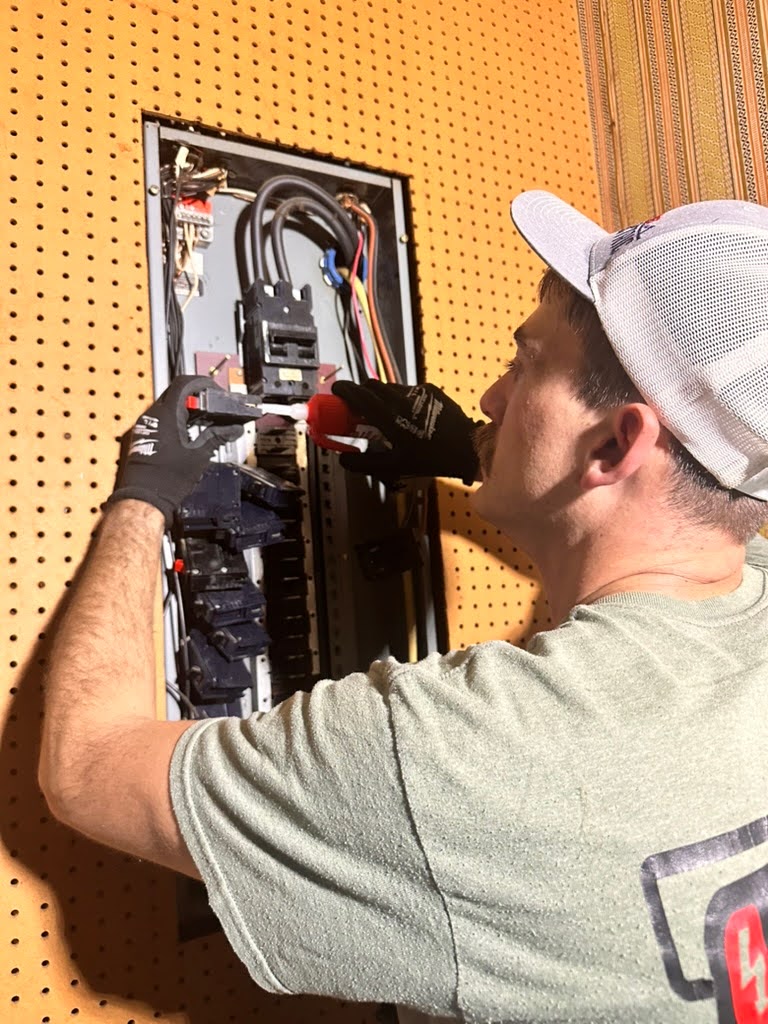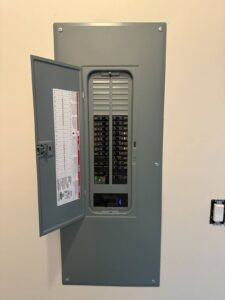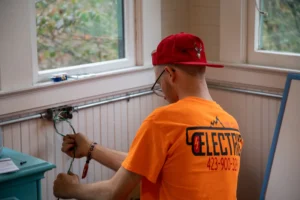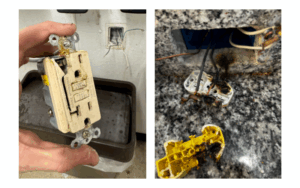Hurricane season runs from June 1 through November 30 (NOAA, 2024)—and while Northeast Tennessee isn’t coastal, that still means storm season for the Tri-Cities region. Tropical systems and summer thunderstorms regularly bring heavy rain, strong winds, and lightning-packed storm cells through Kingsport, Johnson City, Bristol, and beyond.
At TriCities Electric, we want homeowners to be ready. Storms don’t just damage roofs and trees—they can wreak havoc on outdated or unprotected electrical systems.
Here’s what you need to know to protect your home.
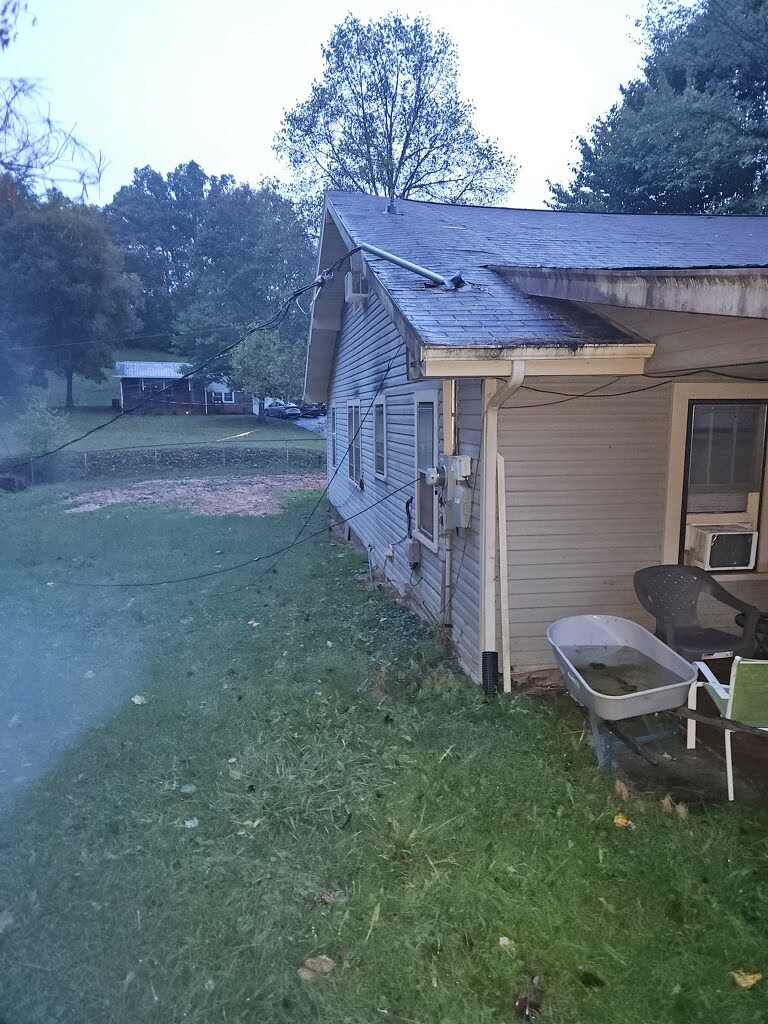
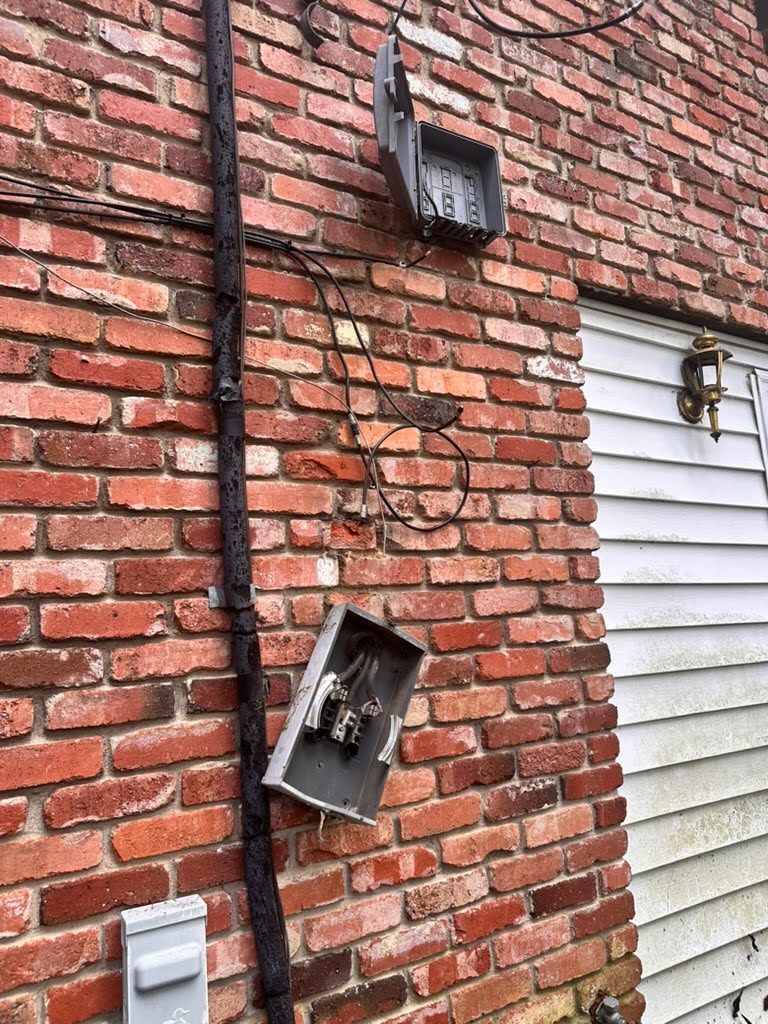
The Real Threats of Storm Season
Lightning Strikes & Power Surges
The National Institute of Standards and Technology (NIST) warns that nearby lightning strikes can send damaging surges through utility lines, harming electronics, appliances, and even breaker panels—even without a direct hit (NIST, 2022). Without proper protection, you risk thousands of dollars in damage.
Flooding & Water Intrusion
The Electrical Safety Foundation International (ESFI) notes that water-damaged outlets, breaker panels, and wiring pose a serious risk of shock or fire. During heavy rain or basement flooding, moisture can reach electrical systems quickly and silently (ESFI, 2023).
Power Outages
Power loss isn’t just inconvenient—it can be unsafe. Homes with medical equipment, refrigerated medications, or home security systems need consistent power. According to the U.S. Department of Energy, weather-related outages are the leading cause of blackouts nationwide (DOE, 2023).
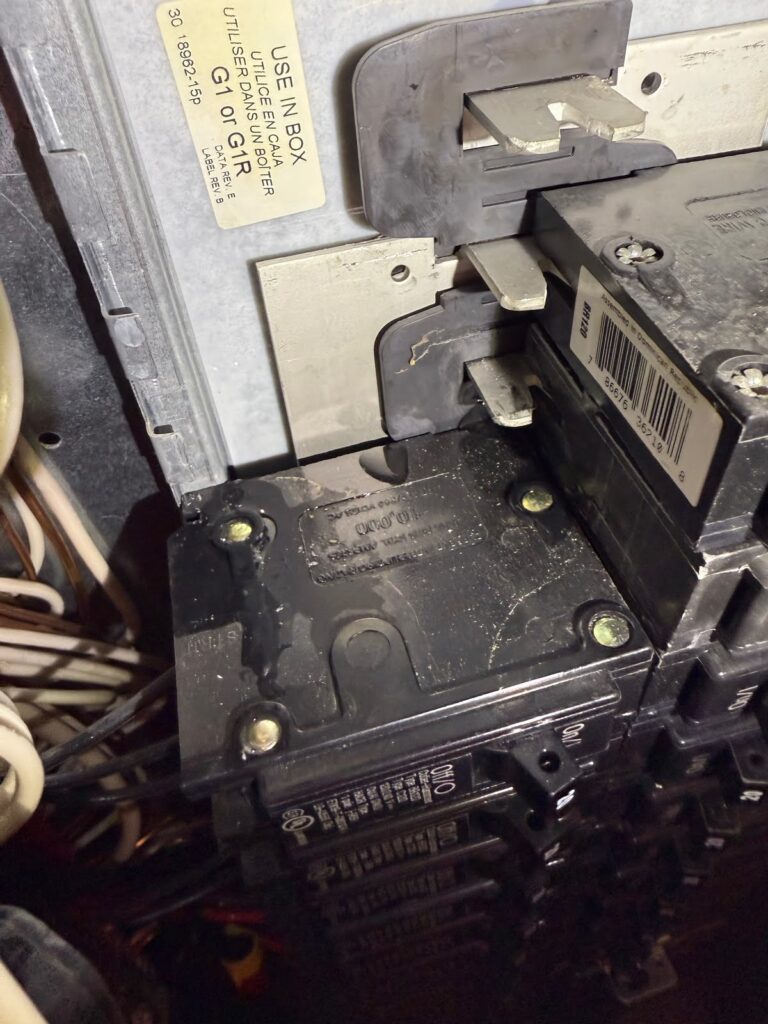
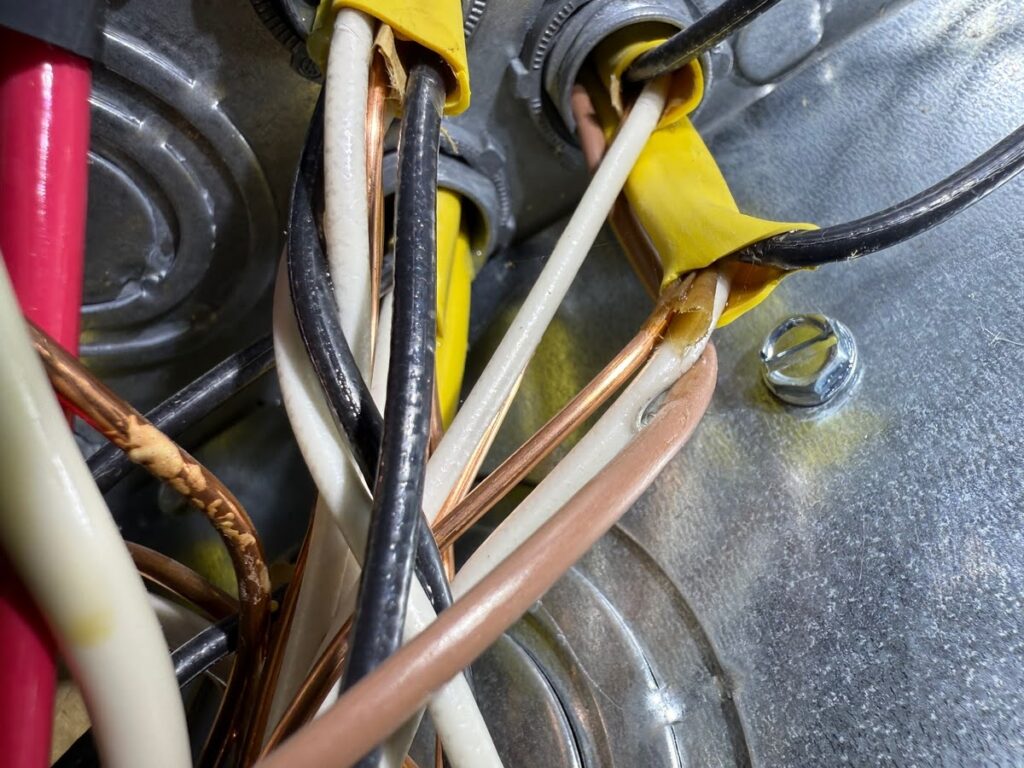
How to Prepare Your Home’s Electrical System
1. Install Whole-Home Surge Protection
Panel-mounted surge protection defends your entire home against both external lightning surges and internal voltage fluctuations. The 2020 National Electrical Code now requires surge protection devices (SPDs) on all new and replaced residential services (NEC Article 230.67), emphasizing how critical this protection has become.
2. Upgrade Outdated Panels and Wiring
Homes built before the 1970s often lack proper grounding and can’t safely handle today’s electrical demands. Prior to that time, non-metallic sheathed cable (Romex) without a ground wire was commonly used. Although it was legal at the time, it no longer meets modern safety standards and can’t support the protection devices required by code today.
The NFPA reports that aging wiring and overloaded panels are among the leading causes of residential electrical fires (NFPA, 2021). These systems are especially vulnerable during storm season, when surges, moisture, and power fluctuations put extra stress on electrical infrastructure.
Upgrading your electrical panel and wiring can dramatically reduce fire risk, improve capacity for modern appliances, and ensure your system meets today’s code and safety expectations.
3. Add GFCI and AFCI Protection Where Needed
The National Electrical Code requires GFCI (Ground Fault Circuit Interrupter) protection in areas prone to moisture—such as kitchens, bathrooms, laundry rooms, garages, basements, and outdoor receptacles (NEC Article 210.8). These devices automatically shut off power when even tiny leakage currents are detected, helping prevent electric shock.
GFCI protection doesn’t always need to be at the outlet. We can also install GFCI breakers in your panel, which protect the entire circuit—ideal when outlets are in hard-to-reach places or multiple devices need coverage.
We also recommend AFCI (Arc Fault Circuit Interrupter) protection, especially for older homes or bedrooms and living areas. These breakers detect dangerous arcing that could otherwise spark an electrical fire (NEC Article 210.12).
Whether at the outlet or from the panel, we ensure your home has the right protection where it matters most.
4. Consider a Backup Generator
For homes with essential needs, a whole-home or portable generator can provide critical power security during outages. The Red Cross recommends having backup power if you rely on medical equipment, refrigerated medications, or simply want peace of mind during extended blackouts (American Red Cross, 2022).
At TriCities Electric, we can install either a transfer switch or an interlock kit to safely connect your generator to your home’s electrical panel:
– Transfer Switch: A dedicated switch that isolates your home from the grid and allows you to manually or automatically switch to generator power. This method is code-compliant, utility-safe, and lets you choose which circuits get powered during an outage.
– Interlock Kit: A cost-effective manual solution installed on your panel that prevents the main breaker and generator breaker from being on at the same time. It provides safe access to selected circuits without risking backfeed to the grid.
Both solutions eliminate the risks of using extension cords—such as shock hazards, fire risk, carbon monoxide exposure, and home security issues from cracked windows or doors.
Our licensed electricians will help you choose the safest, most effective setup for your home and generator needs.
5. Schedule a Professional Inspection
A licensed electrician can identify outdated components, moisture vulnerabilities, and surge risks—before the next storm hits. We’ll assess your system and provide recommendations that ensure your home meets current safety codes and standards.
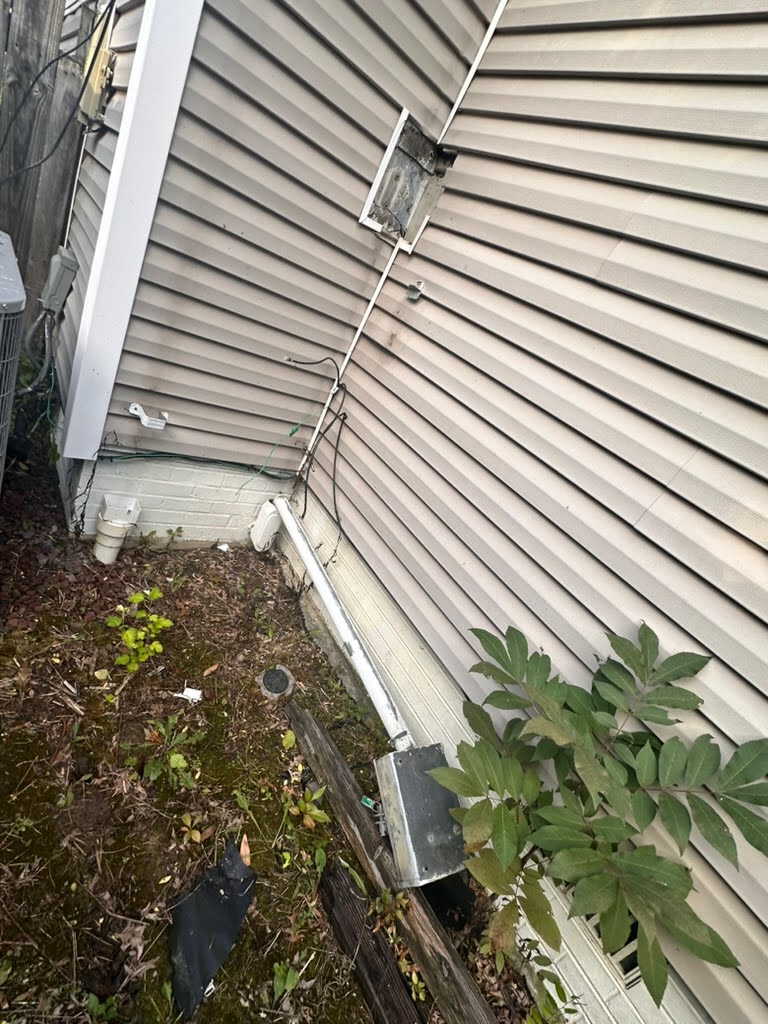
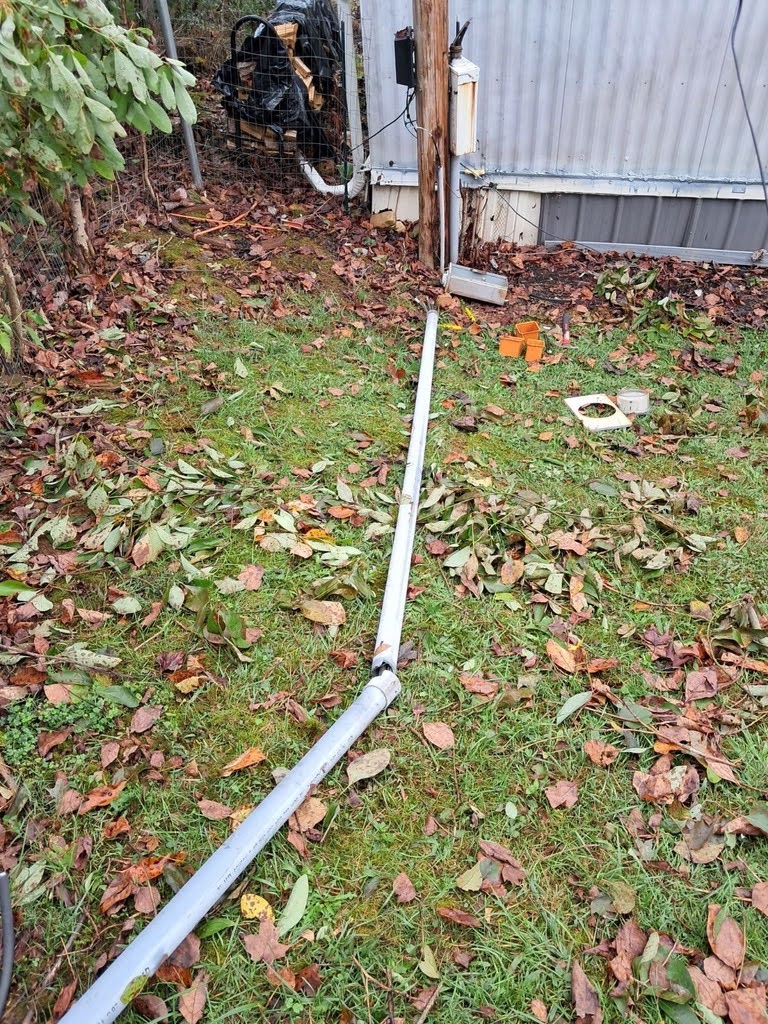
Northeast Tennessee Storm-Ready Services
TriCities Electric has helped dozens of homeowners throughout Kingsport, Johnson City, Bristol, and surrounding communities get storm-ready with proactive upgrades and safety-focused service. Whether it’s adding surge protection, modernizing your panel, or preparing for power outages, we’re committed to protecting your home like it’s our own.
- Proudly serving Kingsport, Johnson City, Bristol, and beyond
- Ready to prep your home for storm season? Contact TriCities Electric today to schedule your inspection or get a free estimate.
#TriCitiesElectric #StormSafety #ElectricalTips #NortheastTN #StormReady
Not Sure? Let Us Take a Look
If you’re unsure whether your electrical project is DIY-friendly, give us a call. We’re happy to come out, assess the situation, and let you know the best path forward. No pressure, no upsells— just honest advice from licensed electricians who care about your safety and your home.

